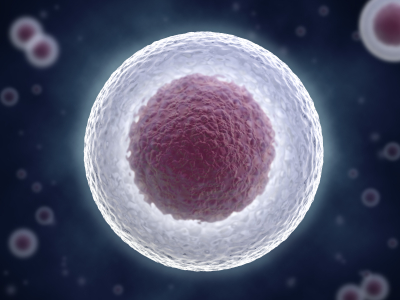Researchers at UT Southwestern Find Way to Help Donor Adult Blood Stem Cells Overcome Transplant Rejection

Complete the form below to unlock access to ALL audio articles.
Findings by UT Southwestern Medical Center researchers may suggest new strategies for successful donor adult stem cell transplants in patients with blood cancers such as leukemia, lymphoma and myeloma.
The study, published Aug. 5 in Cell Stem Cell, showed for the first time that adult blood stem cells can be regulated to overcome an immune response that leads to transplant rejection. It also opens up further studies in stem cell immunology, said Dr. Chengcheng “Alec” Zhang, assistant professor of physiology and developmental biology at UT Southwestern and senior author of the study.
“We speculate that a common mechanism exists to regulate immune inhibitors in different types of stem cells,” he said.
Nearly 1 million people in the U.S. are living with or in remission from blood cancers; more than 135,000 are expected to be diagnosed this year. Blood and bone marrow stem cell transplants are needed when a patient’s body stops making enough healthy blood cells.
In this current study, UT researchers developed a culture “cocktail” that successfully supported adult blood stem cells from humans and from mice, and found that they express immune inhibitors on their surfaces that protect them from immune attack.
Using the increased number of cultured blood stem cells, the scientists were able to overcome the protein barrier that alerts the immune system to foreign material and significantly repopulated healthy cells in the rodent transplantation recipients.
“We revealed that the expansion of adult blood stem cells through culture and an increase in cell surface expression of an immune molecule are the keys for this to happen,” Dr. Zhang said.


